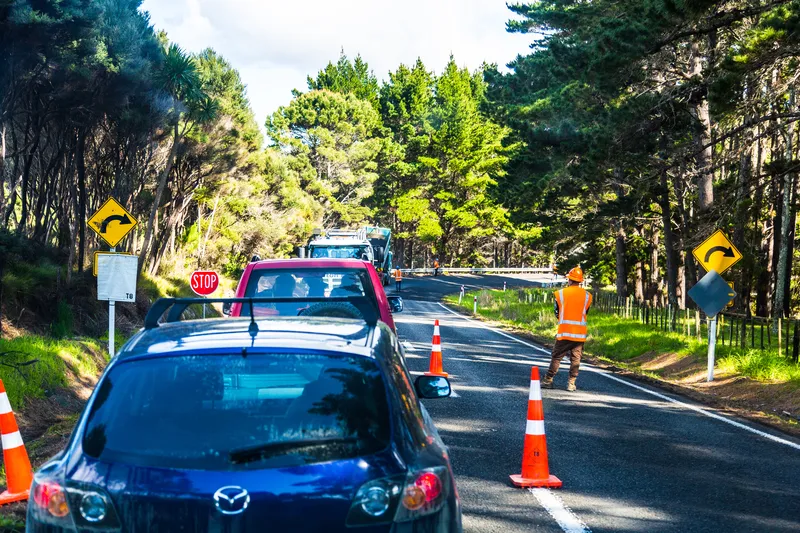TomTom’s HD Map and RoadDNA are two digital map products helping automated vehicles precisely locate themselves on the road and plan manoeuvres, even when travelling at high speeds. TomTom’s HD Map already covers the USA and Western Europe, with over 360,000km of highways and interstates mapped.
Leveraging its resource and capabilities in AI, Baidu has been developing HD maps since 2013, using smart technologies such as deep learning to help automate data processing and map creation. Earlier this year, it announced its open source autonomous driving platform, Apollo, which aims to build a collaborative ecosystem for companies to work together and to promote the development and popularisation of autonomous driving technology.
TomTom and Baidu join forces to develop HD maps for autonomous driving
TomTom and Chinese mapping service provider Baidu have joined forces to develop high definition (HD) maps for autonomous driving.
July 7, 2017
Read time: 1 min








